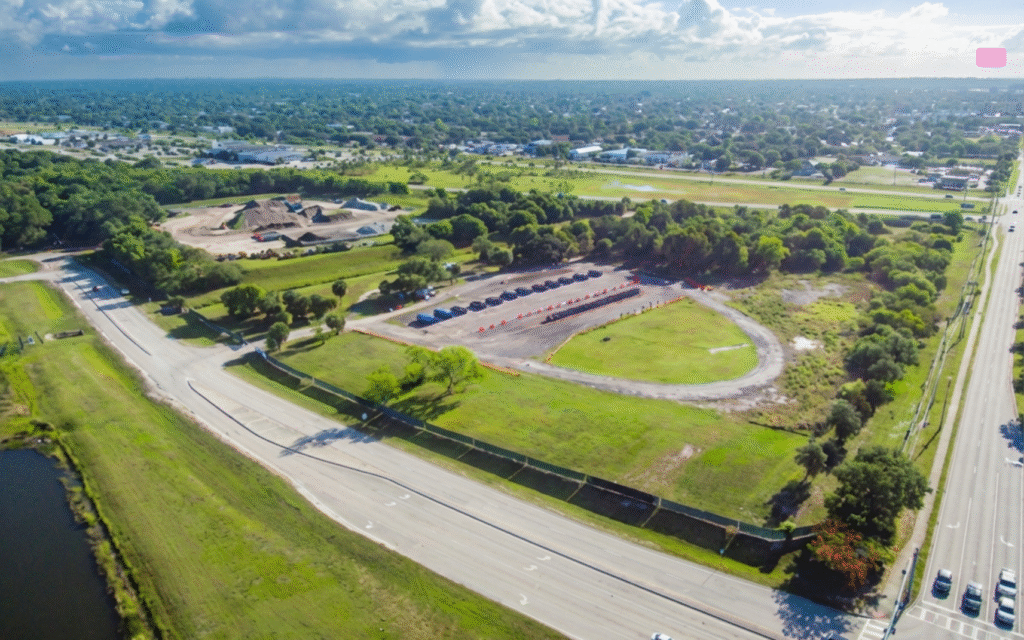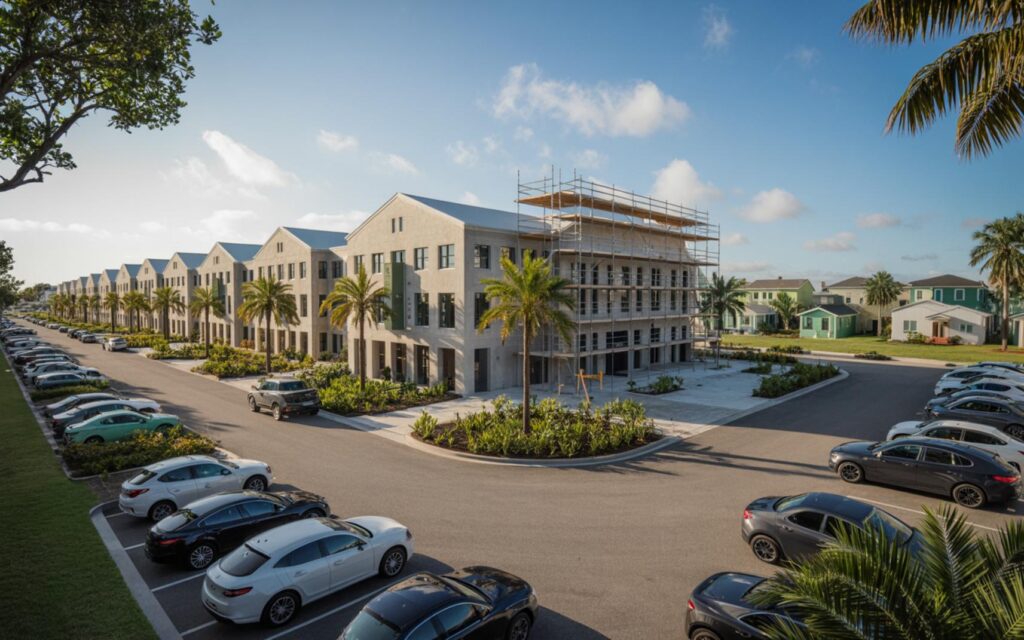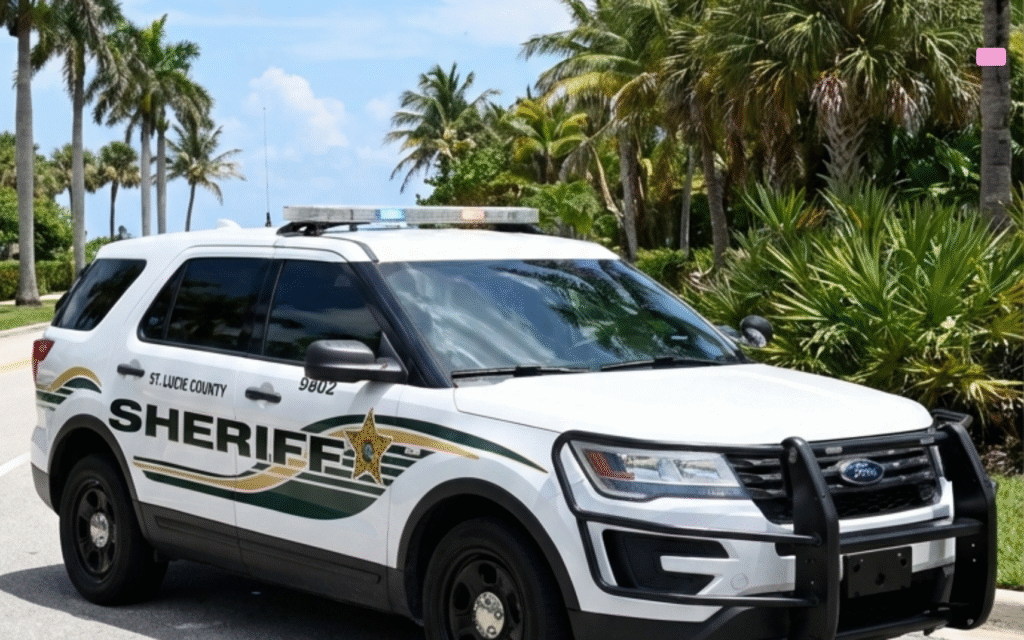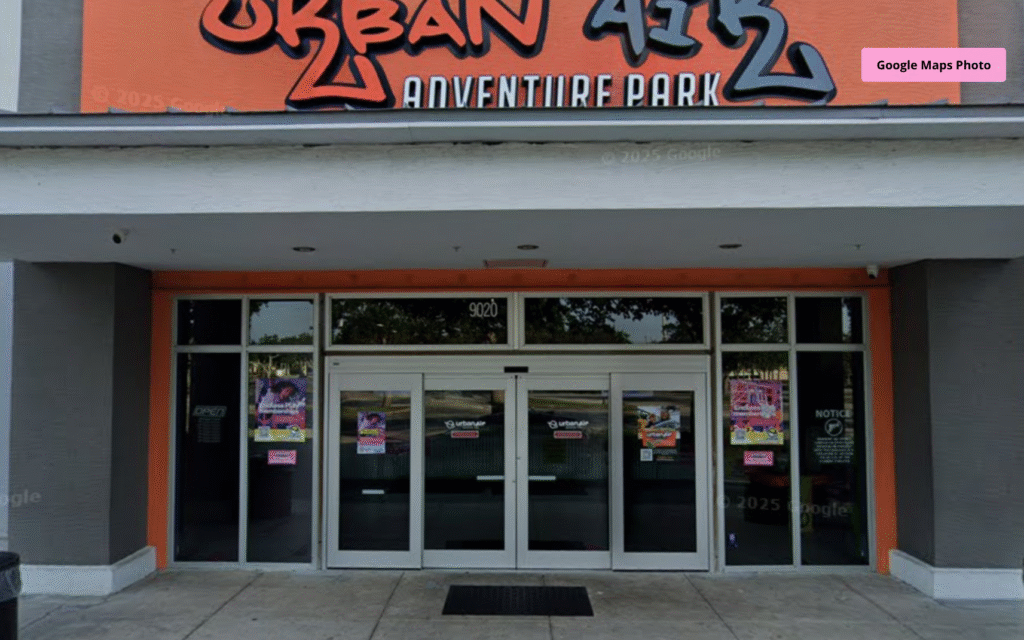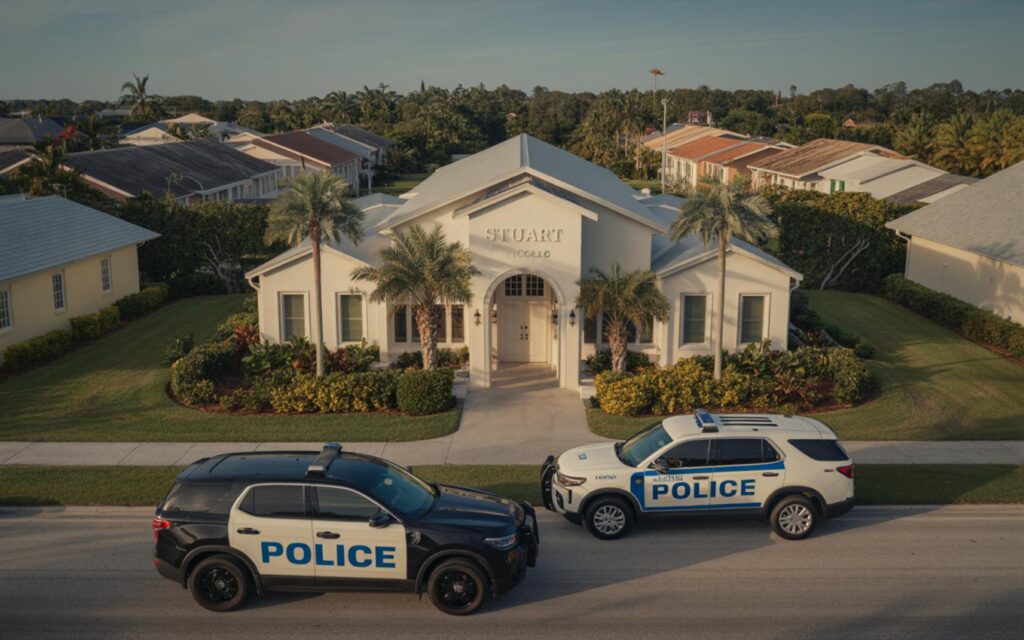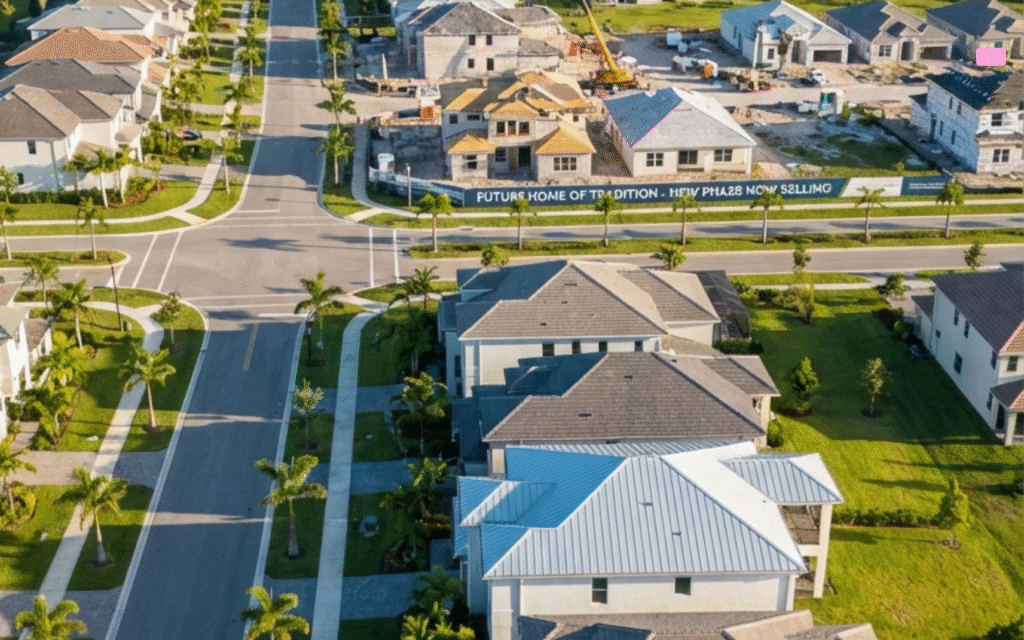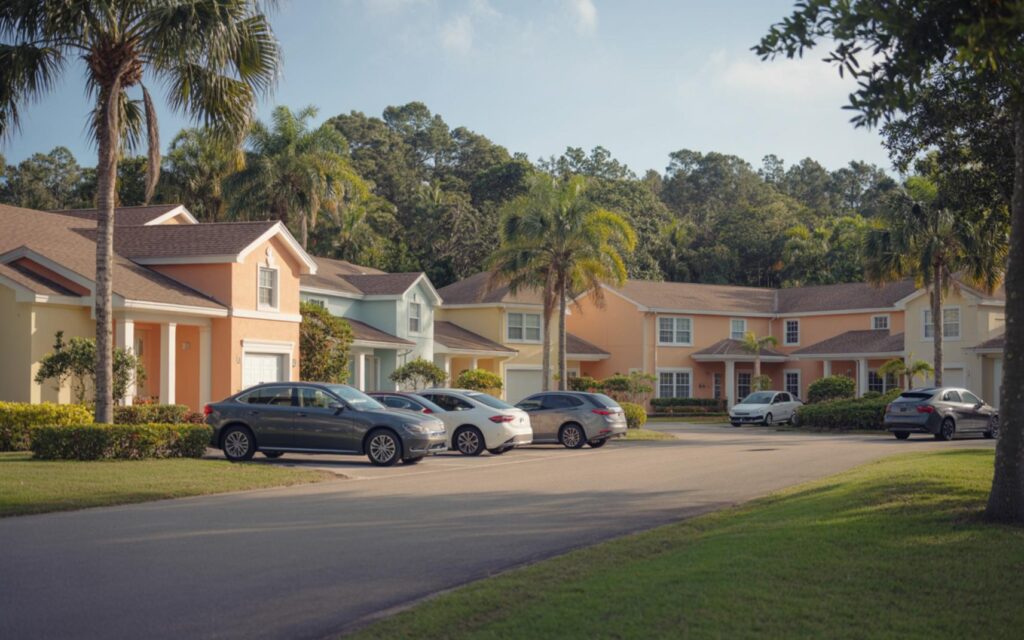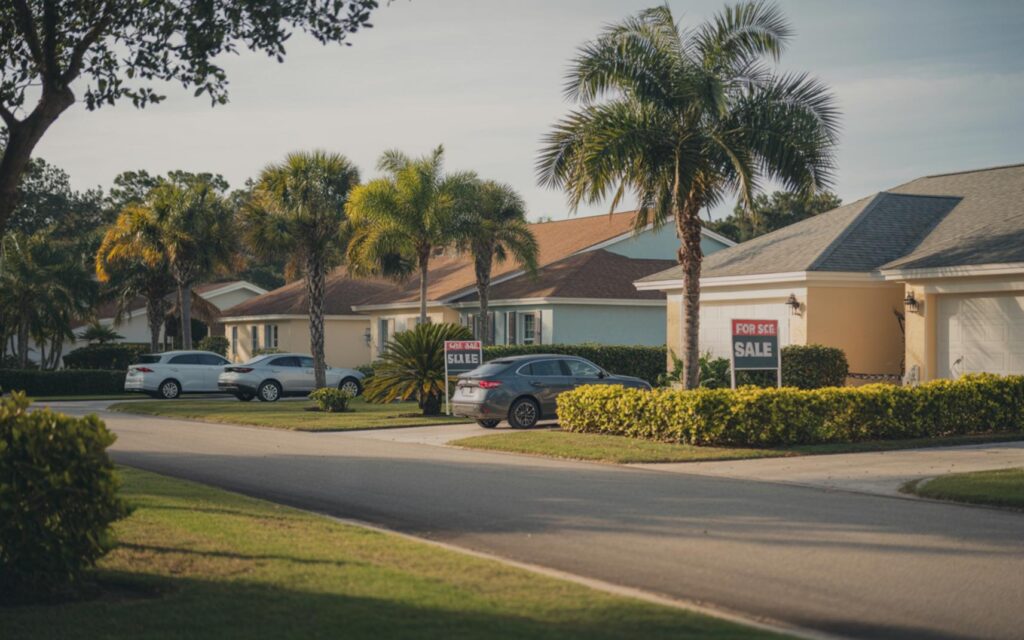Sea turtle hatchling season in South Florida is a critical time for local wildlife, with thousands of nests producing hatchlings from June through October. The region is recognized as a vital nesting ground for several sea turtle species, making conservation efforts essential for their survival.
Sea Turtle Hatchling Season in South Florida
The annual sea turtle hatchling season in South Florida follows the main nesting period, which runs from March 1 to October 31. According to the Florida Fish and Wildlife Conservation Commission (FWC), this period is essential for the survival of loggerhead, green, leatherback, Kemp’s ridley, and hawksbill turtles. Loggerhead turtles are the most common species nesting along these beaches.
Key Nesting Locations and Species
Palm Beach County stands out for having the highest density of sea turtle nests per mile in the United States. Millions of hatchlings emerge from local beaches each season, supporting the ongoing recovery of these threatened species. Other important nesting areas include stretches of coastline throughout South Florida, where conservation programs are active.
Species Highlights
- Loggerhead turtles: Most common in South Florida, with strong nesting numbers in recent years.
- Green turtles: Nest counts have increased over 100-fold since the late 1980s, according to FWC monitoring data.
- Leatherback turtles: Numbers have fluctuated, peaking in 2014, declining, and now showing a recent upward trend.
- Kemp’s ridley and hawksbill turtles: Less common, but still present in the region’s nesting population.
Sea Turtle Nesting and Hatchling Survival
Each sea turtle nest typically contains about 100 eggs. However, FWC reports that only about one in a thousand hatchlings survive to adulthood. Natural predators, environmental hazards, and human activity contribute to high mortality rates among hatchlings.
Recent Nesting Trends
Loggerhead and green sea turtle nesting numbers have been strong in recent years. In 2023, loggerhead nests reached record highs, while 2024 counts remain high but slightly below the previous year. Green turtle nest counts have shown dramatic increases since standardized monitoring began, reflecting the positive impact of conservation measures.
Hatchling Releases and Public Involvement
Conservation groups and local programs organize hatchling releases, often allowing the public to observe the process under controlled conditions. These events typically occur in July and August, offering educational opportunities and raising awareness about sea turtle conservation.
Conservation Efforts for Sea Turtle Hatchlings
Protecting sea turtle nests and hatchlings is a priority for organizations such as the FWC and local conservation groups. Efforts include marking and safeguarding nests, patrolling beaches to prevent disturbance, and educating the public about responsible behavior on nesting beaches.
Reducing Artificial Light and Beach Obstacles
Hatchlings rely on natural moonlight to navigate to the ocean. Artificial lights from nearby buildings or streets can disorient them, increasing the risk of mortality. Conservation programs encourage beachfront property owners to turn off lights at night and use turtle-friendly lighting during nesting and hatchling seasons.
- Turn off or shield beachfront lights after dark
- Remove beach furniture and obstacles overnight
- Participate in organized beach cleanups
- Keep a safe distance from nesting turtles and hatchlings
Community Engagement and Education
Public cooperation is essential for successful conservation. Experts and officials urge residents and visitors to support local programs, respect marked nests, and avoid disturbing turtles. Educational campaigns highlight the importance of reducing pollution, minimizing artificial lighting, and keeping beaches clear of debris.
Outlook for South Florida’s Sea Turtle Populations
The outlook for sea turtle populations in South Florida is cautiously optimistic. While ongoing threats such as habitat loss, climate change, and human activity remain, recent conservation actions and increased public engagement have helped improve nesting success and hatchling survival rates. According to official sources, continued monitoring and community involvement are vital for the long-term recovery of these species.
Frequently Asked Questions About Sea Turtle Hatchling Season in South Florida
What is sea turtle hatchling season in South Florida?
Sea turtle hatchling season in South Florida occurs from June through October, following the main nesting period. During this time, hatchlings emerge from nests and make their way to the ocean.
How many sea turtle hatchlings survive to adulthood?
According to FWC, only about one in a thousand sea turtle hatchlings survive to adulthood. Most hatchlings face threats from predators, environmental hazards, and human activity.
Are there public events for observing sea turtle hatchling releases?
Yes, conservation groups and local programs often organize public hatchling releases in July and August. These events allow people to watch hatchlings enter the ocean under controlled conditions.
Can you help protect sea turtle nests on South Florida beaches?
Residents and visitors can help by turning off beachfront lights at night, removing obstacles from the sand, and respecting marked nest areas. Participating in beach cleanups also supports hatchling survival.
Where are the most active sea turtle nesting beaches in South Florida?
Palm Beach County has the highest density of sea turtle nests per mile in the United States. Other active nesting areas are found throughout the South Florida coastline.


